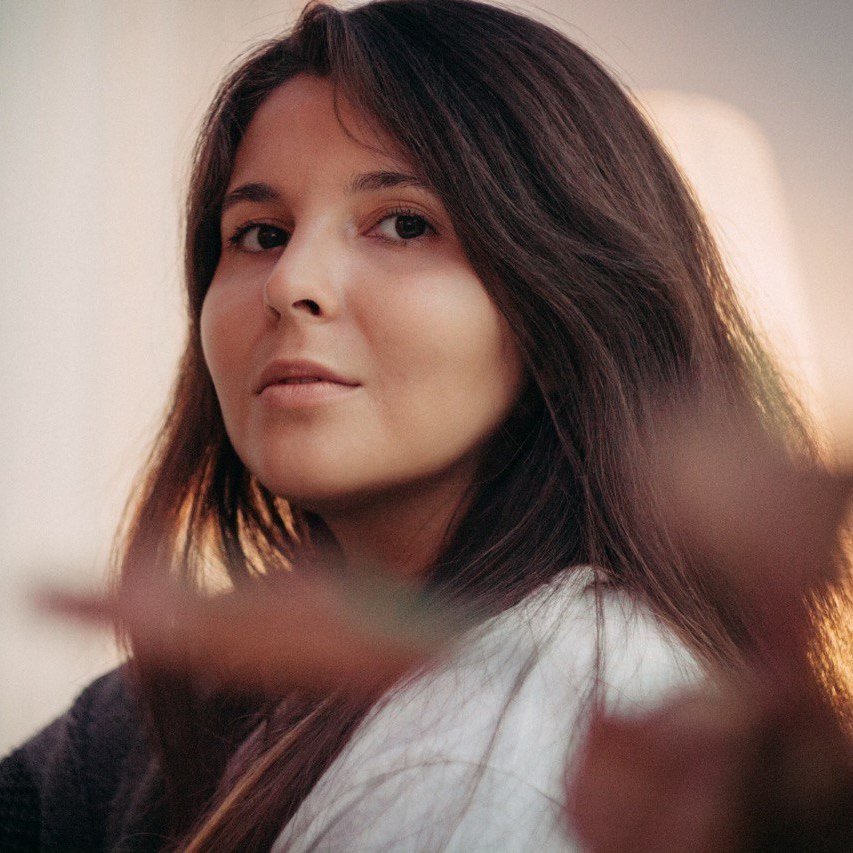People strive for love all the time, but at the same time perceive it as a gift. This approach does not help to build high-quality relationships, but only puts a person in a vicious circle of falling in love, disappointment and new searches. Here are the signs that indicate that you are not familiar with mature love.
It seems to many that it is enough just to find the perfect person with whom you match, like two pieces of a mosaic, and everything will be fine. If the relationship does not go well, it means that you are just unlucky with your partner.
In the book "The art of loving" psychoanalyst and philosopher Erich Fromm argues that modern people who are attuned to consumption perceive themselves and others as goods in a store. The main thing is not to lose the choice.
This approach works, but only when it comes to falling in love — after all, no effort is needed to make it appear. During the formation of relationships, people see each other through rose-colored glasses, do not notice flaws and want to be together all the time.
This condition is very pleasant, but it passes quickly. Yesterday's lovers begin to understand that the object of passion is not ideal, there is discontent, quarrels, mutual accusations. Then people break up and start a new search.
Mature love is a calmer and longer feeling. It is built not on a fleeting hobby, but on the understanding of the partner, jointly passed tests, trust and respect.

Love is a complex of feelings, actions and decisions that we make, as well as the obligations that we assume. It is not given just like that, it needs to be developed: to support each other, to invest strength and energy in the relationship.
If each of your infatuations ends in disappointment, it may not be that you choose the wrong people. Perhaps you just don't make the effort to fall in love.
Each person has a unique personality and experience, thanks to which he perceives the world in a very special way, inherent only to him alone. We are not able to look at reality through the eyes of another, but we can at least try to understand how he sees it and what he feels.
Often partners are involved listening and sincerely share experiences only at the beginning of the relationship. And during their life together, they get used to each other and form an illusory opinion that they have fully studied their life partner.
Because of this attitude, a unique personality with a rich inner world turns into a function or thing. And sometimes there is no real dating at all — a person immediately sees another as a way to satisfy their needs or get something specific.

People can use each other as a resource to obtain material benefits, authority, status, time, support and help. Such a relationship format is easy to distinguish from love — it is not the person himself who is valuable in them, but what he provides. If the resource disappears, the relationship will end.
If a person is indifferent to what is happening in the life of his half, does not show interest in her problems and experiences — there is no need to talk about love.
Think about whether you are interested in your partner. Are you listening to him attentively and involved, are you trying to understand what he thinks and feels, or are you just waiting for your turn to speak out.
People often do something "for the family", at the same time caring only for their own good and considering only their needs.
For example, when persuading a partner to move to a higher-paying job or move to a large city, a person does not think about whether he will be able to realize his potential and whether he will be happy, but sees only opportunities for himself.
However, mature love includes not only an interest in a person's personality, but also caring, striving to help one's half grow and develop.
This does not mean that one person takes responsibility for another, as if he were a child, or solves his problems. But if one partner needs help, the other notices it and strives to provide it.
At the same time, it is important that care includes respect and attention to the real needs of a person. In other words, you should not force your partner to do what you think will be best for his growth and development.
This is helping an equal, and not an attempt to assert oneself at the expense of another, to become his parent or to bind him even more tightly to himself.
People often confuse love with addiction. The latter is characterized by a passionate desire to be close to the object of his sympathy, the desire to merge with him into one whole.

In such relationships, people build their lives around the object of dependence. Their personal boundaries, including physical ones, are erased. There is only "us" in the merger, so it becomes difficult to define your feelings, needs and values.
At the same time, despite such attachment, people with emotional dependence often cannot even say what is good or bad about their partner. They don't really see a person, but only use him to get rid of the fear of loneliness and rejection.
If one partner builds his life around the other, adapts to him, adopts his goals and values, then he gradually loses his personality. In a painful fusion, it is impossible to remain bright and interesting, maintain your integrity and express yourself in this world.
In addition, dependence is not combined with freedom. A person is constantly afraid of losing the object of his passion, jealous, manipulates and strives with all his might to keep him close to him. This creates conflicts and suffering, and on both sides: one suffers from the fear of losing a partner, the other from excessive control, resentment and manipulation.
A person values relationships, but separates himself and his partner. Relationships are built on an agreement, not on manipulation, people have freedom of choice. This means that you can do without this person. But you choose to be with him.
Love for other people begins with a good attitude towards yourself. Often, not having received enough warmth and acceptance in childhood, people try to compensate for this through relationships in adulthood.
This attempt is a direct path to emotional dependence. You will use your partner as crutches for self-esteem, without being interested in his personality, real desires and needs.
If the person next to you also needs confirmation of the right to life, you can get a reliable symbiotic relationship, where each of the partners is dependent on the other.
Whether such a union will be happy is a moot point. If, apart from addiction, people have little in common, the relationship is unlikely to be satisfactory. Both partners will suffer, quarrel, but stay together out of fear.
Therefore, before building (or correcting) relationships with other people, learn to love yourself — respect and care, accept completely, with all the advantages and disadvantages, treat with kindness and compassion.
By doing this, you will become closer to treating your partner the same way. To see in him a unique personality, not a function, to take care, accept, support aspirations and values. Be in love.